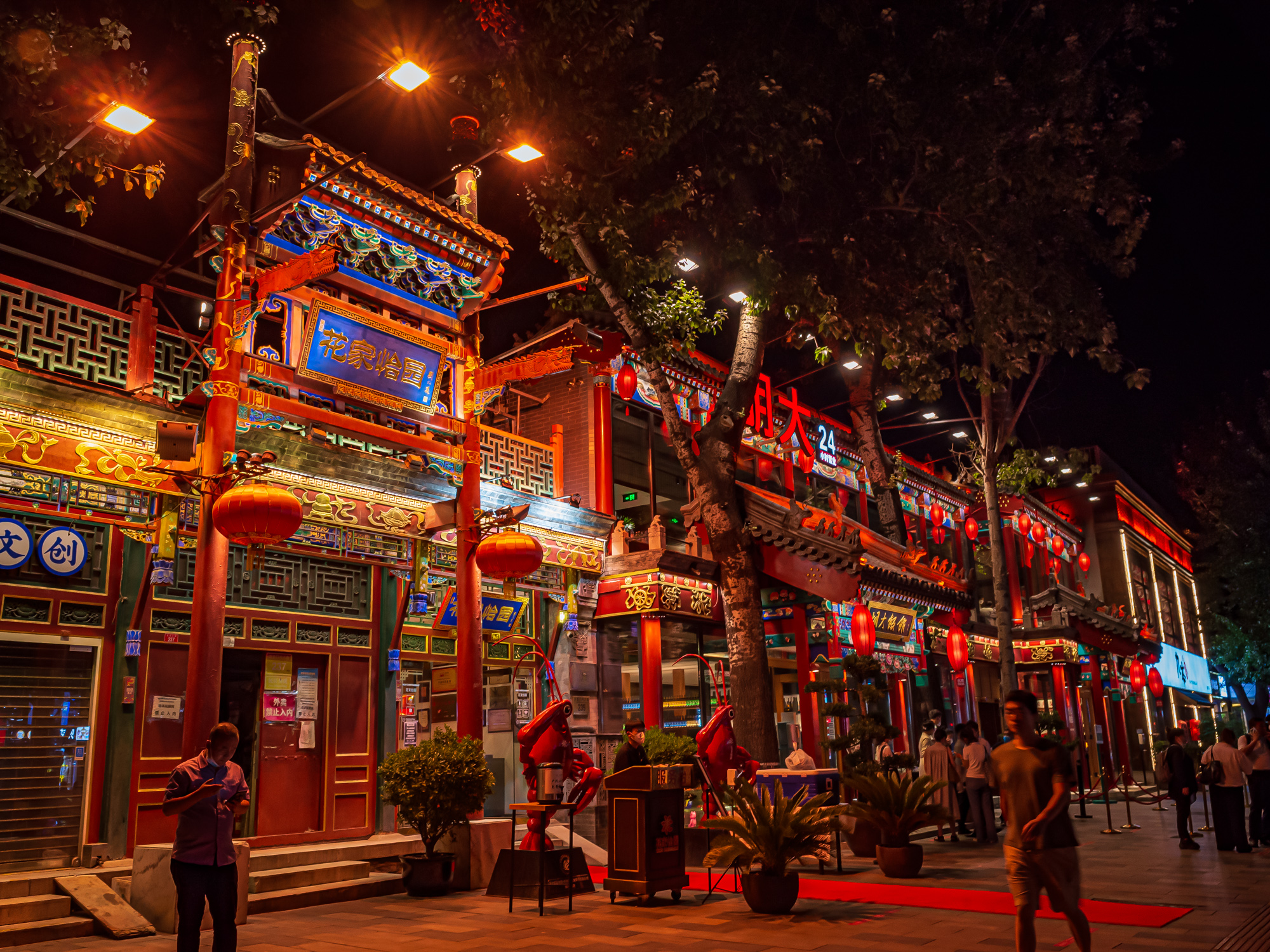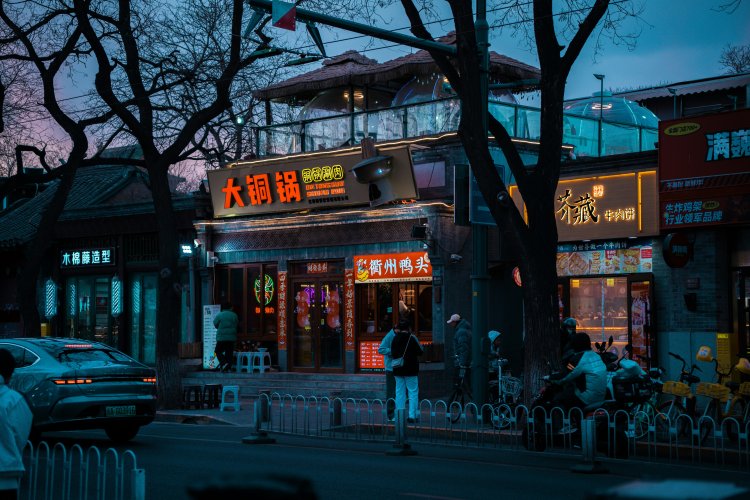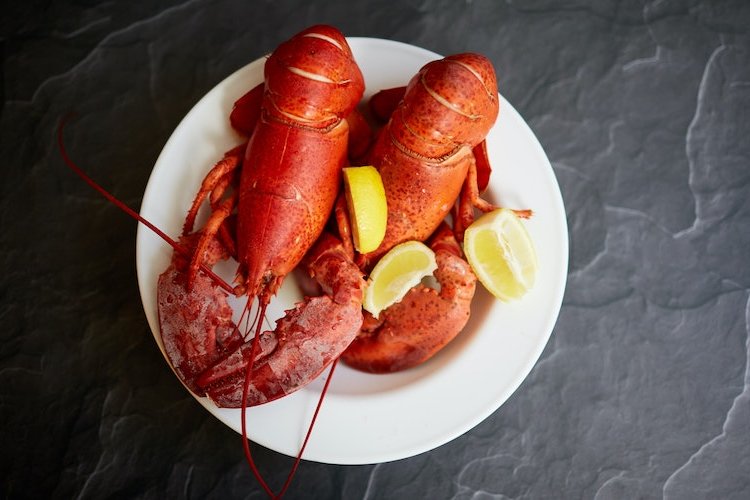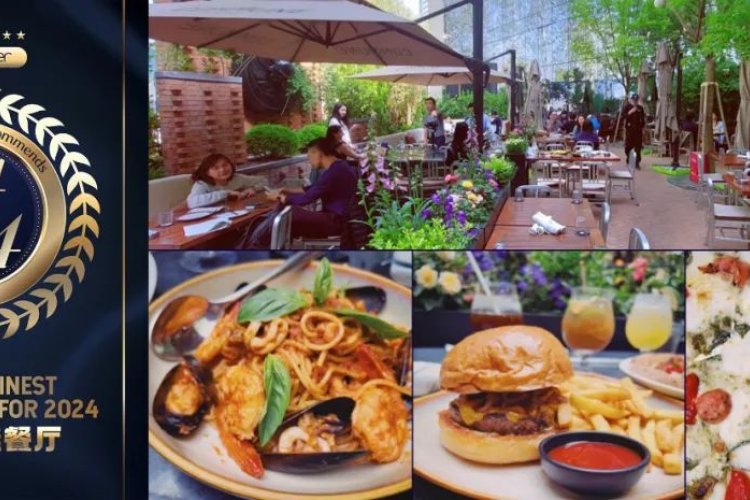Why Ghost Street isn’t Really Called Ghost Street: A Brief History of Gui Jie
Stretching a total of 1,422 meters all the way from Beixinqiao Station across to Dongzhimen Station this popular food street seems to have very little to do with ghosts. However, despite this Gui Jie is commonly referred to by both foreigners and locals alike as Ghost Street. But in reality, the modern day name for Gui Jie doesn’t actually have anything to do with ghosts. So where did the name Ghost Street come from?

It is true that up until the 1980s this famous snack street was called Ghost Street in Chinese, made up of the character 鬼 guǐ meaning “ghost” or “spirit” and 街 jiē meaning street. However, to try and give the street a revamp and enhance the growing food culture of the street the Commerce Commission changed the name in the 1980s to 簋街 guǐ jiē.
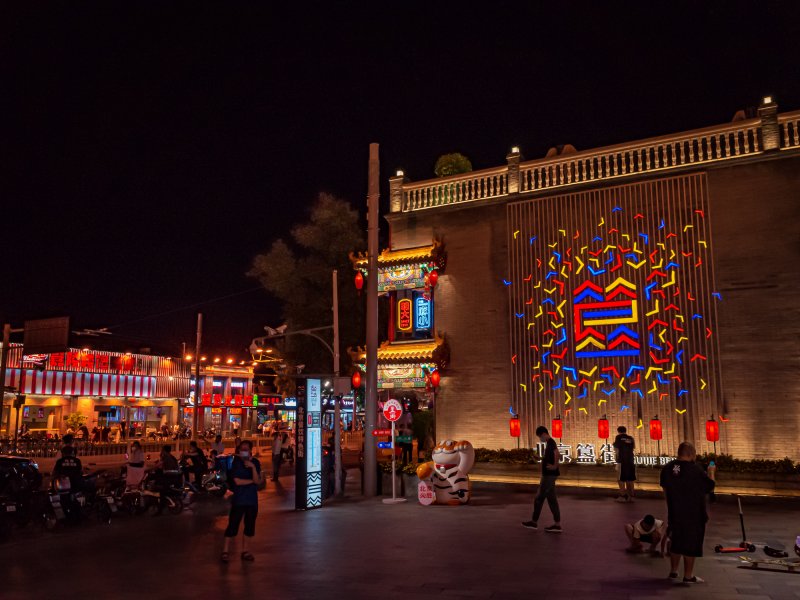
簋 guǐ is a homonym of 鬼 guǐ and is an ancient bronze food container that was used during the Shang Dynasty (1600-1046 BCE) as a rice container. You can actually see a large sculpture of a gui on the Dongzhimen end of Gui Jie.

Now that explains why Ghost Street isn’t technically Gui Jie’s name anymore, but doesn't explain where the name Ghost Street actually comes from. Interestingly, there are actually two different stories behind where the name comes from…
The first story is that the name derives from the how, during the Qing Dynasty (1644-1912), vendors around the Dongzhimen gate area would begin selling groceries, vegetables, and fruit at midnight, finishing around early dawn. The dim light from their oil lamps and red lanterns would create a ghostly effect earning the name “Ghost Street” from locals.

The other story links the name to the fact that during the same dynasty, the gate at Dongzhimen was used for the transportation of corpses to the outskirts of Beijing for burial which led to numerous coffin stores opening up on the street. The undertones of death combined with the eerie atmosphere created by oil lamps at the time is said to have then brought about the name Ghost Street.
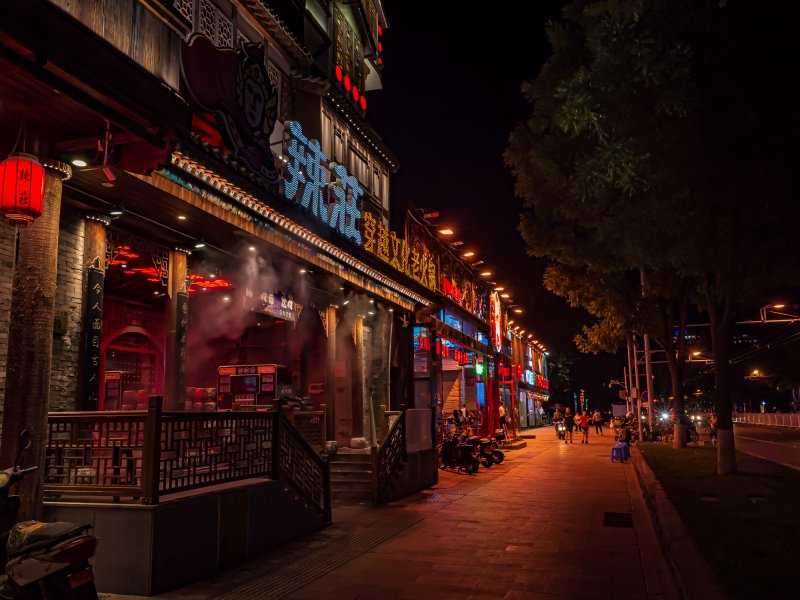
Nowadays the street boasts over 100 restaurants, many of which are open 24 hours a day, Gui Jie certainly hasn’t had a ghostly atmosphere at all. However, that is until recent times with the ban on in-house dining transforming the usually bustling street into more of a ghost town.
Although restaurants are back open Gui Jie still seems rather on the quiet side, lacking the usual huge evening crowds perched on plastic stools as they wait for a seat outside one of Gui Jie’s signature crayfish restaurants.

For those who are big fans of this sprawling food street, one can but hope that Ghost Street will be back to normal soon and won’t return to its former ghostly origins.
READ: Treat Yourself to Some Tasty Snacks on Ox Street
Images: Uni You
Related stories :
Comments
New comments are displayed first.Comments
![]() BauLuo
Submitted by Guest on Thu, 06/30/2022 - 20:12 Permalink
BauLuo
Submitted by Guest on Thu, 06/30/2022 - 20:12 Permalink
Re: Why Ghost Street isn’t Really Called Ghost Street: A...
Laoaxrp
Google Translate keeps givin me `Tony Bill Fauci Goats'.
Help me out. I assumed this was a Cushite name.
![]() BauLuo
Submitted by Guest on Thu, 06/30/2022 - 19:47 Permalink
BauLuo
Submitted by Guest on Thu, 06/30/2022 - 19:47 Permalink
Re: Why Ghost Street isn’t Really Called Ghost Street: A...
Ting: `The Cauldron'.By the bye, the 簋 pictured above looks surprisingly like what I would call a 薡, which ineluctibly brings to mind the 50th trigram of the Yiching, the Cauldren; and, correspondingly Bruce Cockburn's wonderful accoustic tune`Ting the Cauldron' from his early album `High Winds, White Sky'.
How does one 'ting' a cauldron? I cn, but 'ting'?
There, ya feel better now? By the way, I meant hexagram, not trigram. Obviously, ya can't have 50 unique arrangements of a trigram.
![]() BauLuo
Submitted by Guest on Wed, 06/29/2022 - 21:28 Permalink
BauLuo
Submitted by Guest on Wed, 06/29/2022 - 21:28 Permalink
Re: Why Ghost Street isn’t Really Called Ghost Street: A...
By the bye, the 簋 pictured above looks surprisingly like what I would call a 薡, which ineluctibly brings to mind the 50th trigram of the Yiching, the Cauldren; and, correspondingly Bruce Cockburn's wonderful accoustic tune`Ting the Cauldron' from his early album `High Winds, White Sky'.
![]() BauLuo
Submitted by Guest on Wed, 06/29/2022 - 21:11 Permalink
BauLuo
Submitted by Guest on Wed, 06/29/2022 - 21:11 Permalink
Re: Why Ghost Street isn’t Really Called Ghost Street: A...
Looks, ya got more difference typsa 鬼 than ya can shake a stink at. Ya gots 酒鬼, 恶鬼, 黑鬼,百鬼 and multitudinous nothers. But 簋?whointhehelleverheardadat?
Maybe stop tryna prettify stuff.
Validate your mobile phone number to post comments.

